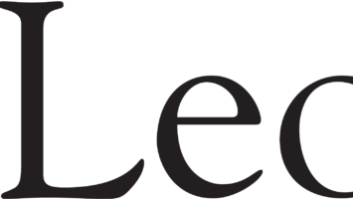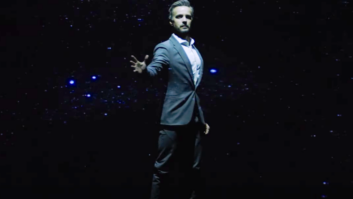Washington — The Consumer Electronics Association (CEA) and other trade organizations and public interest groups have denounced a back-to-school campaign targeted at students sponsored by the Recording Industry Association of America (RIAA) that attempts to educate them on home recording and content sharing.
The campaign centers on the Fair Use doctrine as it relates to copyright law when applied to home recording and content-sharing issues through the distribution of free educational DVDs and a specially designated Web site, www.campusdownloading.com/dvd.htm#.
Gary Shapiro, CEA’s president/CEO and chairman of the Home Recording Rights Coalition (HRRC), joined with Gigi Sohn, president and co-founder of Public Knowledge, and Edward Black, president and CEO of the Computer and Communications Industry Association (CCIA) to release a joint statement which said “The RIAA back-to-school message is ‘Beware of anything free.’ Ironically, it applies most aptly to the free ‘educational’ DVDs that RIAA is peddling to students and to the bogus legal advice on RIAA’s ‘Campus Downloading’ Web site.”
The coalition called for those organizations who have cooperated with RIAA on this project to reevaluate it and “take a closer look at the inaccuracies, distortions and contradictions in the RIAA message.” The group called on the “RIAA, and on the respectable institutions that have cooperated with its ‘education’ campaign, to revise the ‘educational’ Web site … and to recall their ‘free’ DVDs.”
In arguing their case for such reevaluation, the group called into question the responses the RIAA posted on the “FAQ” portion of its Web site. The group also pointed to specific instances of RIAA’s past activities that they perceived as contradictory to what the RIAA was saying to consumers on its site.
The release asserted that the three organization leaders fully support the idea of copyright education but they implied that this particular attempt by the RIAA to educate consumers on the subject included factual and legal inaccuracies and that they believed such educational matter should therefore be produced by a so-called “neutral party.”













